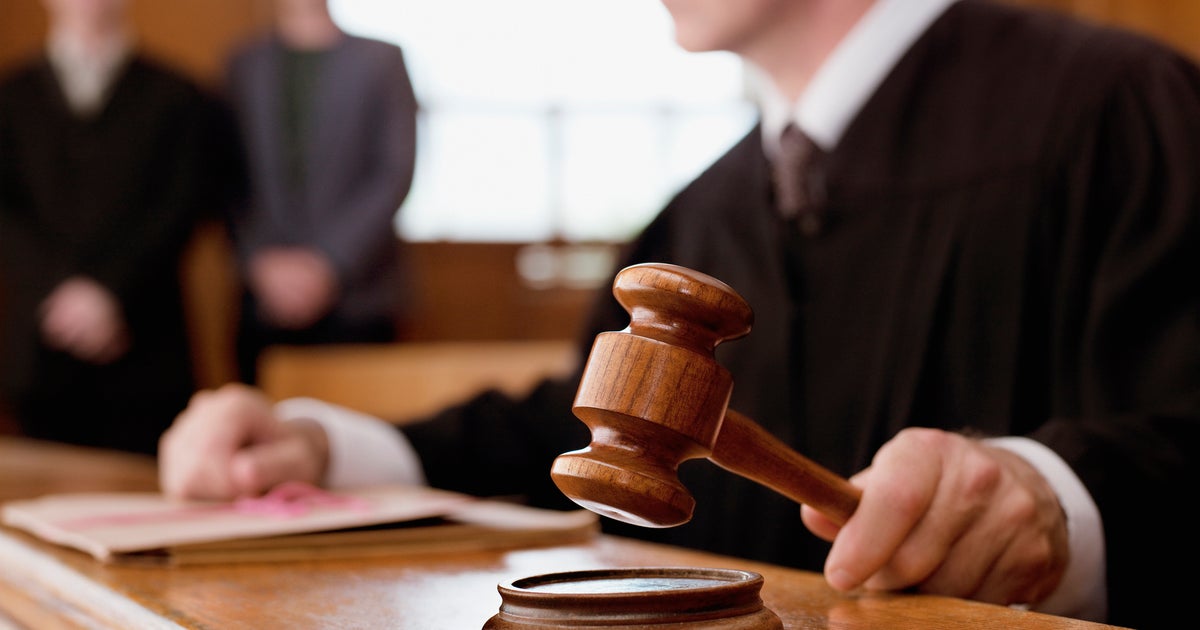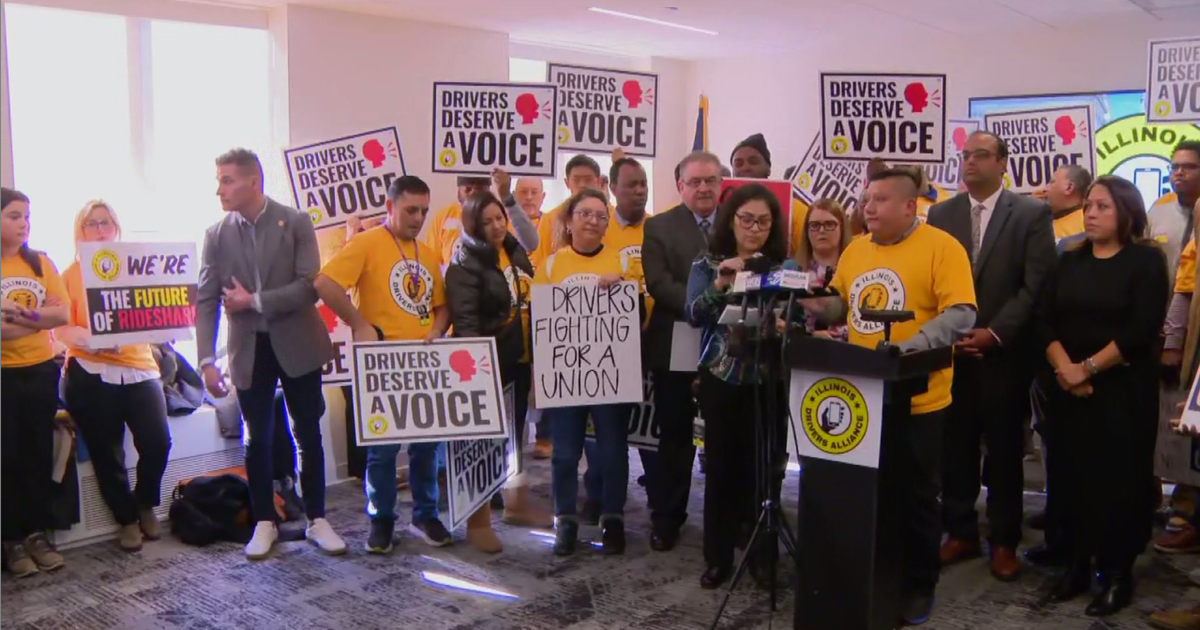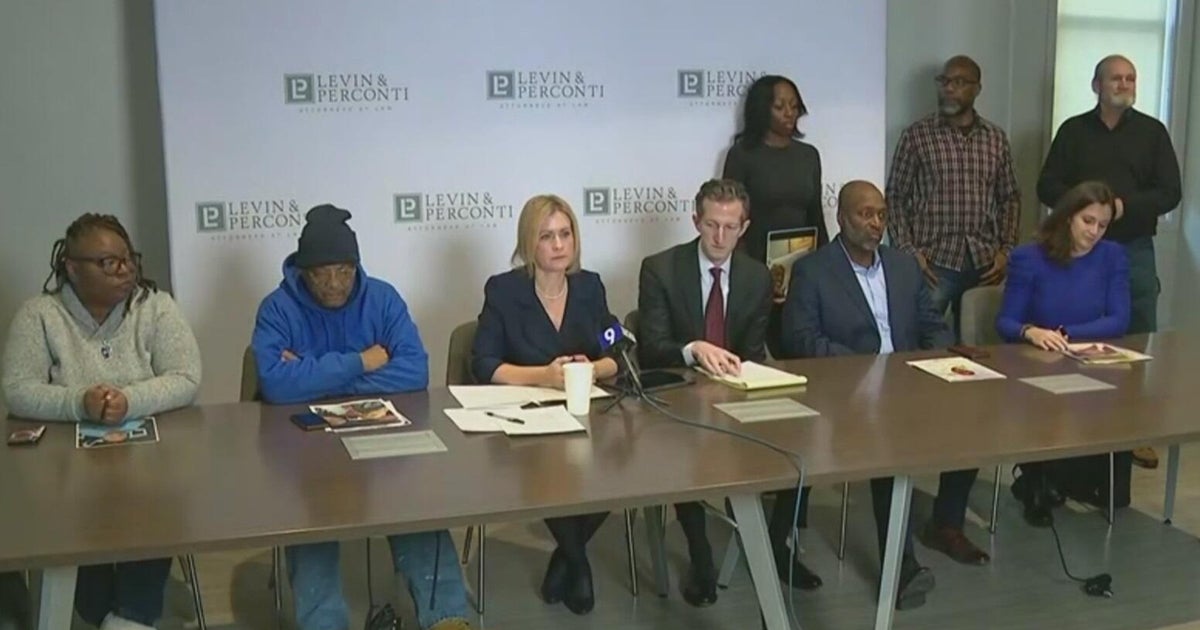Florida law known as the "Homeowners' Association Bill of Rights" takes effect
MIAMI - The Florida law known as the "Homeowners' Association Bill of Rights," which was created as a way to improve oversight of the state's HOAs, took effect on Oct. 1.
Lawmakers approved.SB 1114/HB 919 in the wake of sprawling corruption allegations made about the Hammocks HOA, whose leaders were accused of stealing from the group.
Lawmakers said reports about misdeeds by the HOA's ex-leaders led them to take action.
"We had one of the most ambitious projects in regard to attaining more accountability and transparency for the HOA and the residents who live in these communities," said state Rep. Juan Carlos Porras, who sponsored HB 919.
Hammocks Community, which made news because of allegations of corruption by its HOA, is in Porras' district and was instrumental in the creation of the law which became a ray of light for HOA and condo associations.
"The intent of the bill is still there," said Porras.
"It was not approved what we expected," said Ana Danton, a homeowner in Hammocks.
Danton paid elevated maintenance fees and was instrumental in the arrest of five people at her H.O.A, the whole story became national news.
"These corrupt boards have a corrupt system, with the vendors who assist them to stay in power," she said.
Danton thinks that the ideal scenario (in the law) would be to make them responsible for their participation, not to have to go to a lawsuit.
Porras said that violators of the law would not face felony charges.
"At the moment there is nothing higher than a misdemeanor, in the original bill we did have some felony charges but with certain conversations was the appropriate consequence at the time," he said.
According to Porras, the bill faced many obstacles at the state's Senate. He said that some legislators from Central and North Florida did not seem familiar with the gravity of the of HOA and condo board corruption in their areas.
"There are two very important parts of the bill that were approved. One of them is the criminal penalties for election tampering and any sort of interfering that comes with an election," said Porras.
These are some of the other aspects of the law:
- Require all notices for homeowners' association board meetings to specifically identify the agenda items for the meetings;
- Revise the requirements for the association's use of a member's e-mail to send notices, including allowing a member to designate an address different than the property address for all required notices;
- Require that, if a homeowners' association collects a deposit from a member for any reason, including to pay for expenses that may be incurred as a result of construction on a member's parcel or other reason for such deposit, such funds must not be comingled with any other association funds, the member may request an accounting of such funds, and the association must remit payment of unused funds within 30 days after completion;
- Provide that an officer, director, or manager who accepts kickbacks is subject to monetary damages under s. 617.0834, F.S., relating to the conditions imposing civil liability on the officers and directors of corporations and associations not for profit;
- Provide that an officer or director must be removed from office, and their access to official records denied, if charged with the crimes of forgery of a ballot envelope or voting certificate used in a homeowners' association election, theft or embezzlement of association funds, destruction of or refusing to allow inspection of association records, if such records are accessible by association members, in furtherance of any crime; or obstruction of justice;
- Require directors and officers of an association, including a developer-controlled association, to disclose specified activities which may pose a conflict of interest;
- Clarify that a developer's appointment of an officer or director does not create a presumption that the officer or director has a conflict of interest with regard to the performance of his or her official duties;
- Revise the notice requirements for imposing and collecting fines, including providing members notice of how to cure a violation, if applicable; and
- Provide criminal prohibitions related to fraudulent voting activities that are punishable as first degree misdemeanors, including preventing members from voting, and menacing, threatening, or using bribery to directly or indirectly influence or deter a member from voting.








